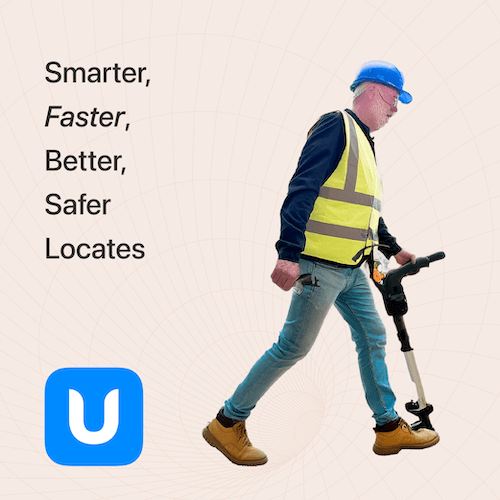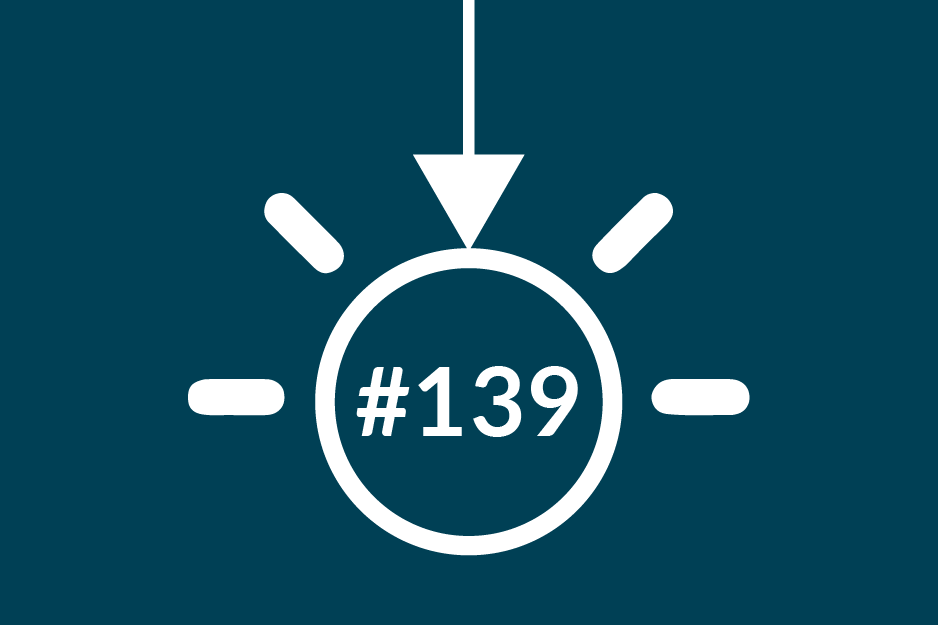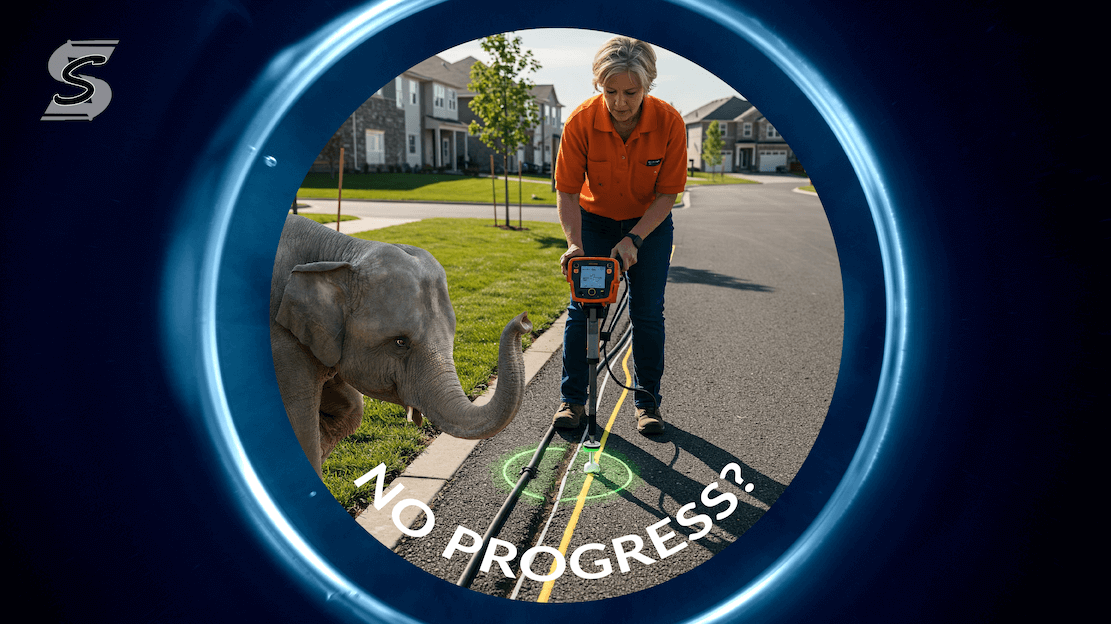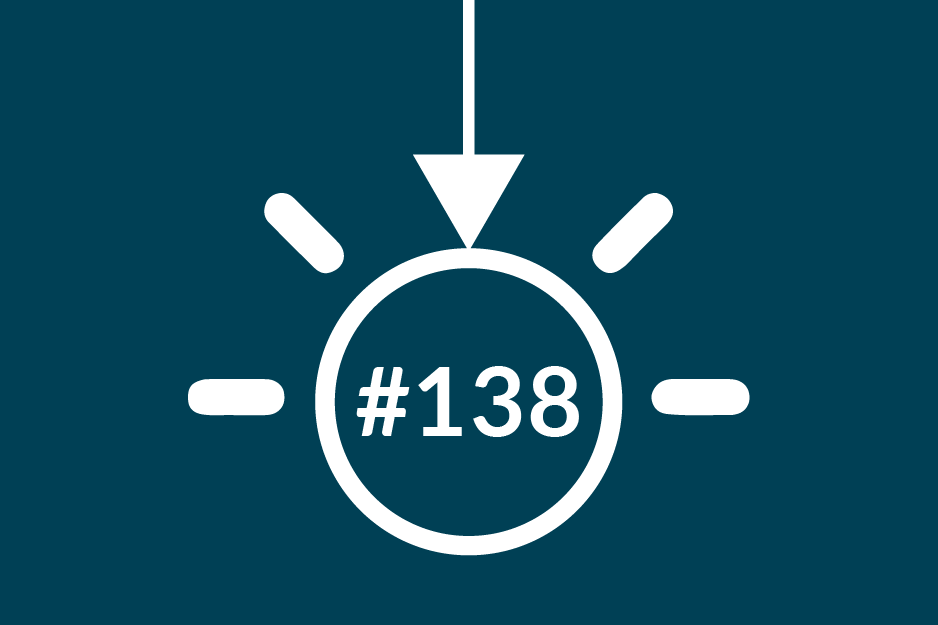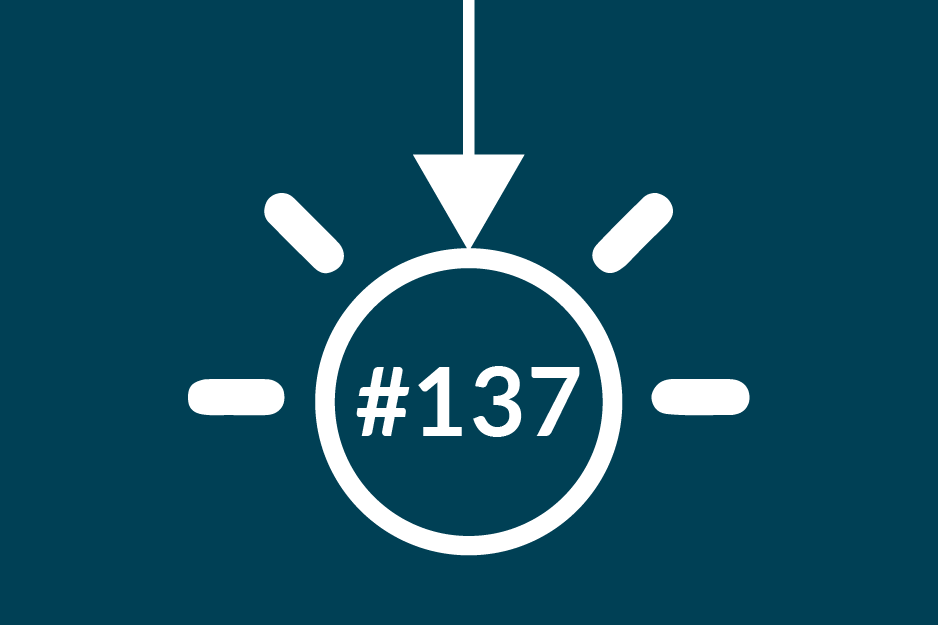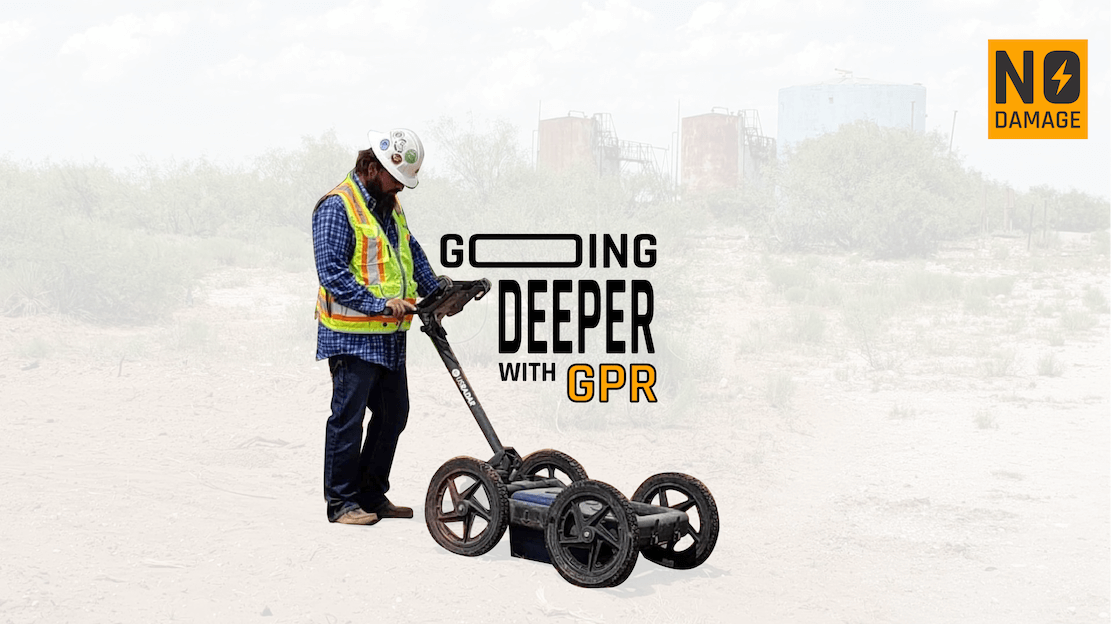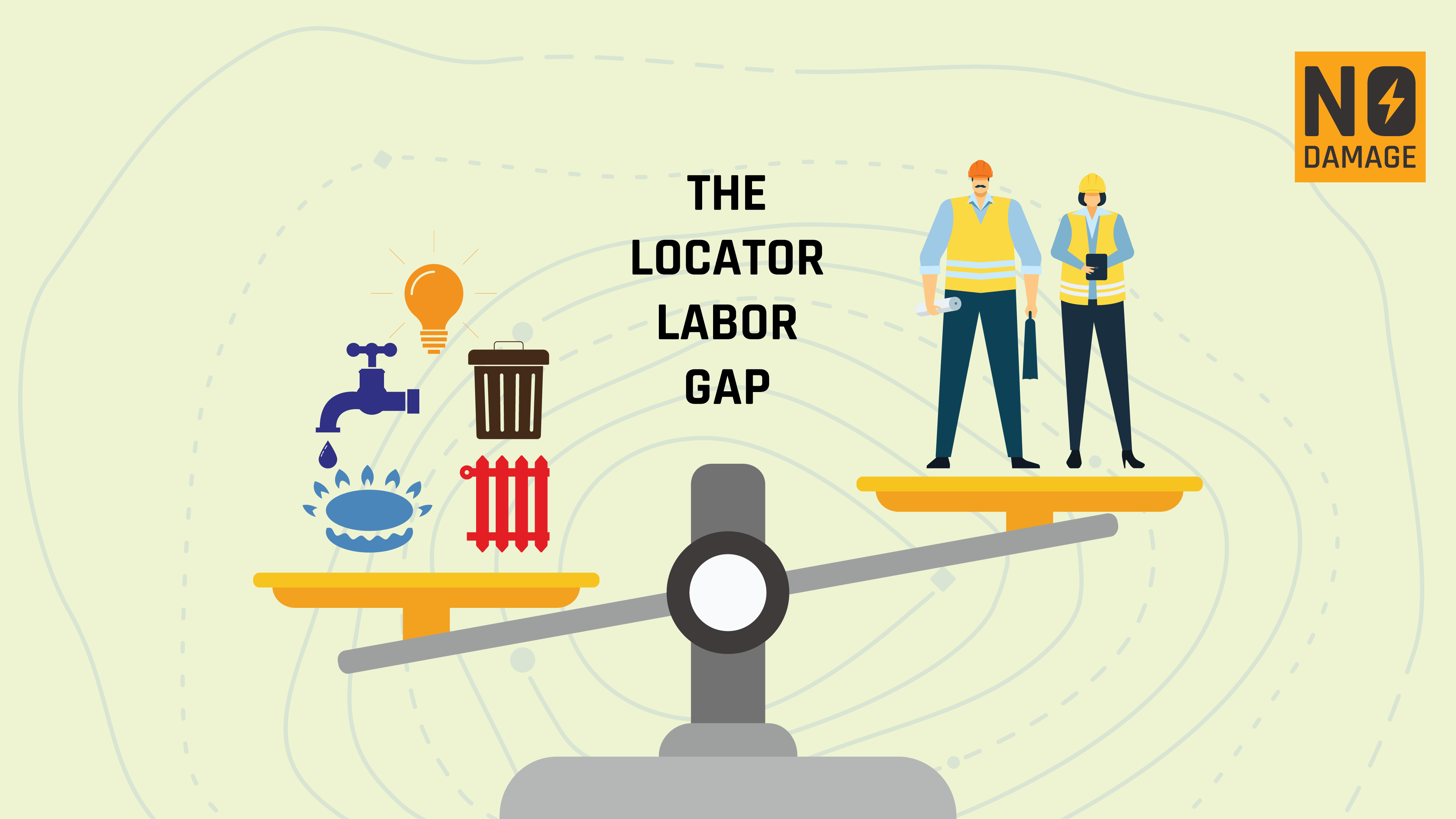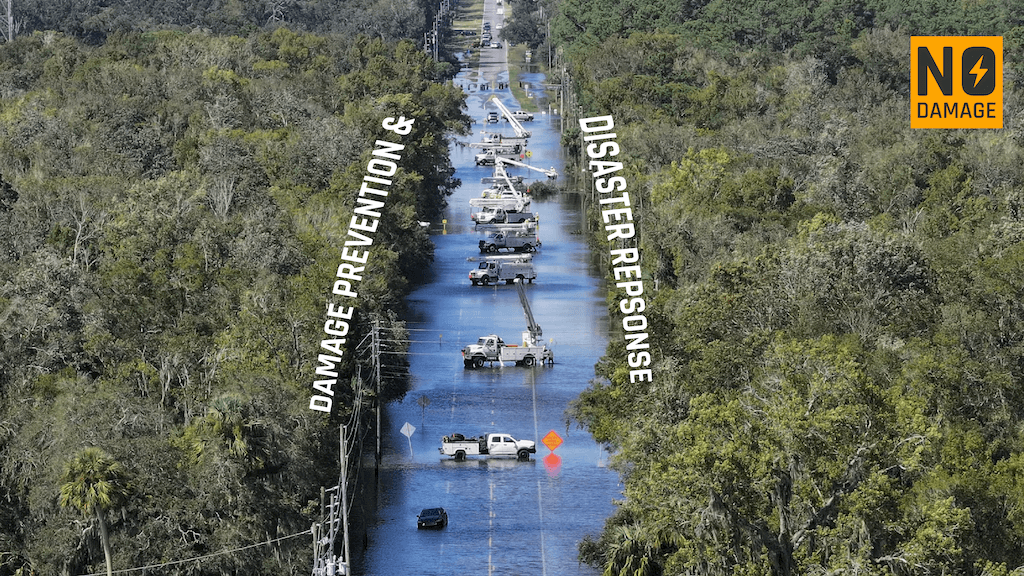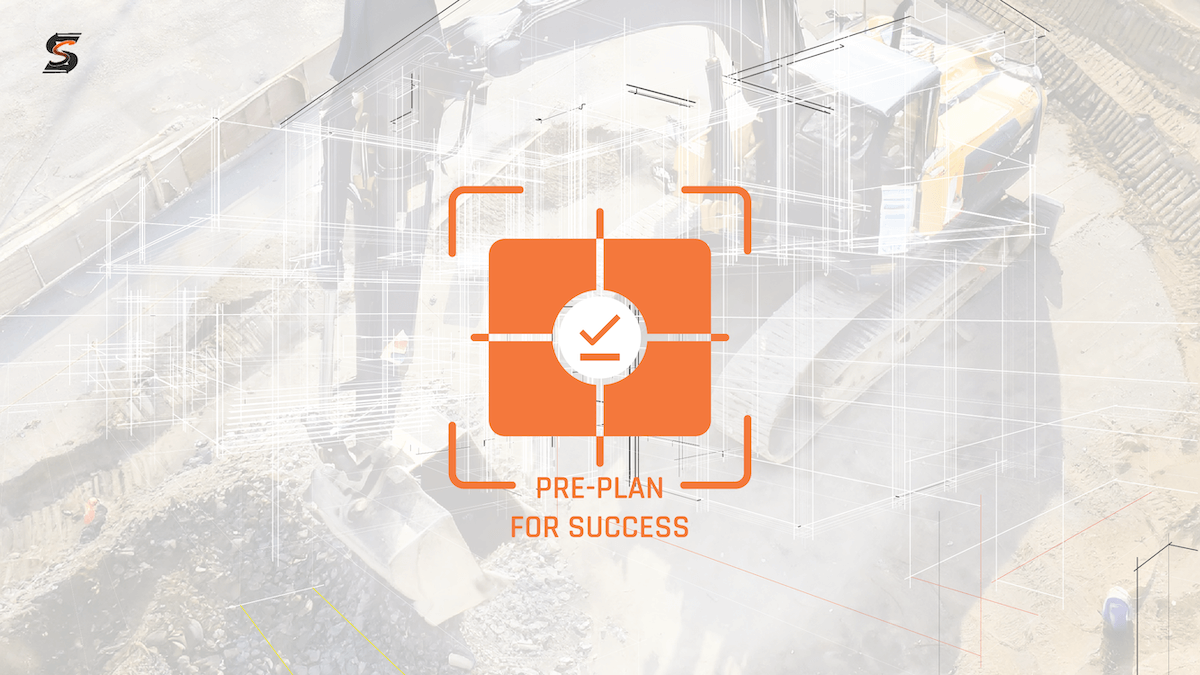
Utility locating is one of the most pivotal elements in ensuring safety, efficiency, and cost-effectiveness in project execution. There are several key considerations which are often overlooked during project pre-planning that I think would help improve project timeliness and ultimately reduce damages. Unveiling the nuances of 811 and private utility locators unveils critical insights pivotal for a secure and robust project commencement. In fact one of the main driving forces behind Chicago 811’s success in reducing damages according to the 2022 DIRT Reportwas that, “...the Office of Underground Coordination (OUC, within the Division of Infrastructure Management) reviews all new utility project designs. OUC members, comprised of utility owners, must approve plans to mitigate conflicts. Facility map visualization access supports effective reviews. Facility owners share maps because it ultimately protects their assets.”
So, we know that pre-planning digs is super effective at minimizing damages and improving safety, it’s just a matter of integrating proactive practices with current workflows to get the best results. Remember, being proactive is better than being reactive! Before initiating excavation, comprehending the following three aspects of utility locating can significantly bolster proactivity, success and safety:
1. HOLISTIC DATA COLLECTION
811 remains a vital state-mandated service for public property excavation. While it offers essential insights, it operates within limitations, primarily concerning private property. A private utility locator, however, amalgamates 811 data with prior construction records and personal findings, crafting comprehensive field sketches or maps. Given that approximately 65% of utilities reside on private property, engaging a private locator bridges the information gaps essential for project safety and precision. We’ve got clients that do both private and public locates so sometimes you can even use the same company to do both and in theory that could result in more holistic data collection. Basically you want to know everything and then down the line you’ll want to know how accurate the information is - that’s where SUEcomes in!
2. ACCURACY & PRECISION
Utility locators armed with sophisticated technology and profound expertise deliver detailed and accurate results crucial for mitigating errors and preventing delays. Often times private locators have access to more advanced technologies like dual 3D antennas and GIS integration to enhance accuracy, offering clean, verifiable data pivotal for future project planning. GIS integration empowers utility locators to capture and process data in a geospatial context, enabling the creation of detailed, layered maps. This sophisticated mapping capability not only pinpoints utility locations but also facilitates future-proofing of project planning, ensuring seamless reference and utilization of clean, verifiable data for subsequent phases. Their collaborative synergy ensures a comprehensive and meticulous approach, pivotal for safeguarding against errors, preempting delays, and laying the groundwork for seamless project execution. Being able to track GIS data across various map layers allows you to start building your own map and whether your a utility owner or a locate company this is a powerful weapon in reducing damages proactively. We worked hard to make sure we had that feature in Utilocate for that very reason.
3. IN-DEPTH DELIVERABLES
Deliverables from utility locators encompass varying levels of detail, from surface markers to GIS mapping. GIS-based maps, a highly beneficial deliverable, provide intricate details shareable among project stakeholders. This comprehensive mapping enables exact location recreation, even years later, crucial in scenarios of marker destruction or additional construction phases. Kyle Winters wrote a great piece on the importance of high quality deliverables and how you can connect your data and present in a dynamic way, which I'd recommend reading!
CONCLUSION
Effective project pre-planning involves aligning with utility locators early on to foster a robust safety culture, mitigating risks, and optimizing cost and time efficiencies. Understanding the nuances between 811 and private locator services ensures a comprehensive approach to damage prevention and project success.
Share this Post
